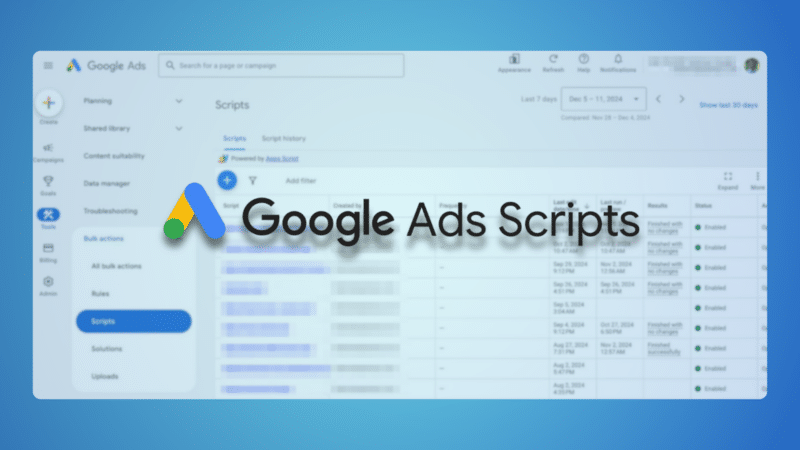
Navigating New Google Ads Regulations for EU Political Advertising
In a significant shift towards transparency in the realm of political advertising, Google has announced new regulations for its platform within the European Union. Starting September 3, 2025, all advertisers engaging in political campaigns must adhere to stringent requirements, marking a pivotal change in the way political advertising is structured in the EU. As the deadline approaches, it is crucial for developers, marketers, and political advertisers to align their strategies accordingly.
The heart of this initiative lies in the introduction of a new campaign field—contains_eu_political_advertising—within the Google Ads API. Advertisers are required to explicitly declare whether their campaigns feature EU political ads by selecting betweenCONTAINS_EU_POLITICAL_ADVERTISINGetDOES_NOT_CONTAIN_EU_POLITICAL_ADVERTISING. Noncompliance with this declaration will unfortunately result in the inability to create or update campaigns effectively, leading to potential interruptions in targeting and experimental scheduling. This requirement not only emphasizes the importance of compliance but also calls for a keen understanding of the underlying technology.
The enforcement of these regulations follows a timeline that all advertisers must note. Campaign updates that miss the essential declaration will produce errors after September 3, while from September 22 onward, campaigns identified as containing EU political ads will be halted entirely within the region. For those utilizing scripts or the Google Ads API, immediate implementation of these changes is essential to circumvent disruption in advertising operations.
For software developers and marketers focused on maximizing their campaign efficacy, these updates also present new opportunities in link management. Utilizing URL shorteners like BitIgniter or LinksGPT can streamline campaign tracking and enhance ad transparency efforts. By integrating short links and custom domains, advertisers can ensure that their messaging stays clear and accessible, which is particularly vital in political contexts.
Furthermore, managing short links adeptly with tools designed for EC compliance can not only boost engagement but also simplify the process of ensuring transparency. Platforms specializing in short link management are well-positioned to serve advertisers needing to convey regulatory compliance while maintaining effective communication with their target audiences.
Navigating these forthcoming changes requires a proactive approach and an understanding of digital tools. Incorporating expert tactics in link management—like the use of short URLs—will help maintain clarity in political advertising, aligning with the FEIS regulations.
Stay ahead of the game, and ensure that all campaign efforts comply with these new regulations. Adapting to these regulatory changes with the right tools and strategies will make a significant difference in the success of your advertising initiatives.
Hashtags pertinents
#BitIgniter #LinksGPT #UrlExpander #UrlShortener #DigitalMarketing #SEO
Want to know more: https://searchengineland.com/google-eu-political-ads-rules-ads-api-scripts-460519

